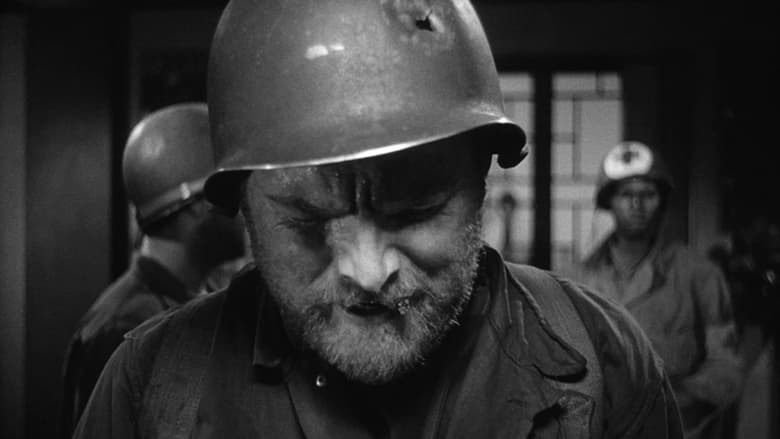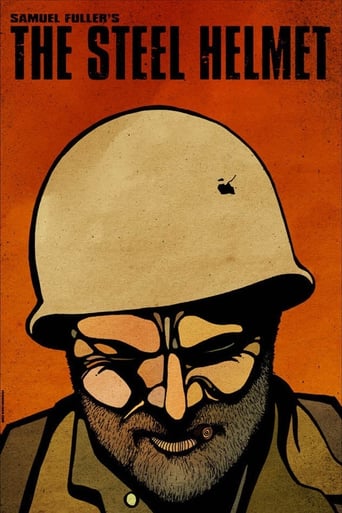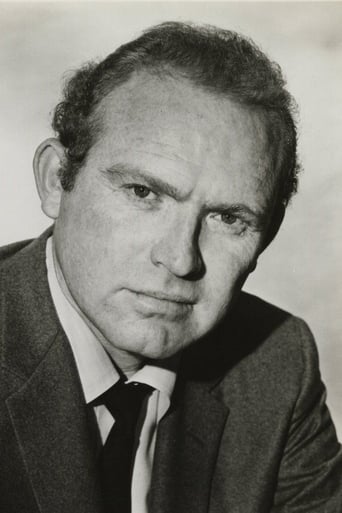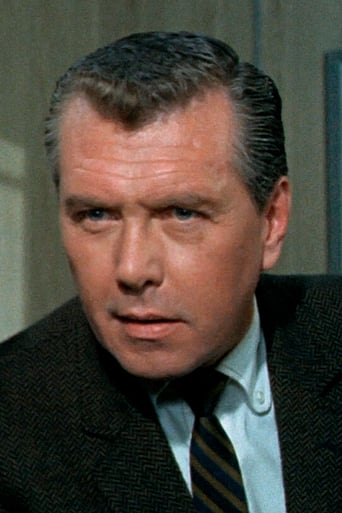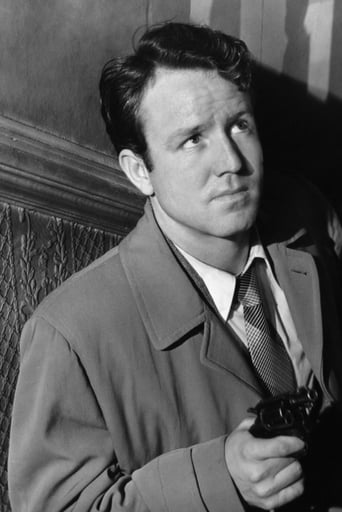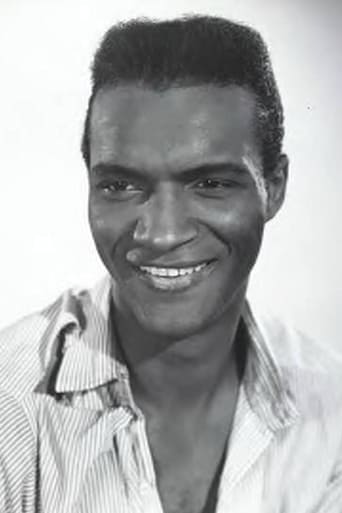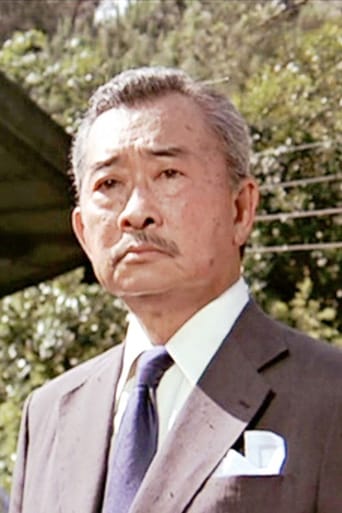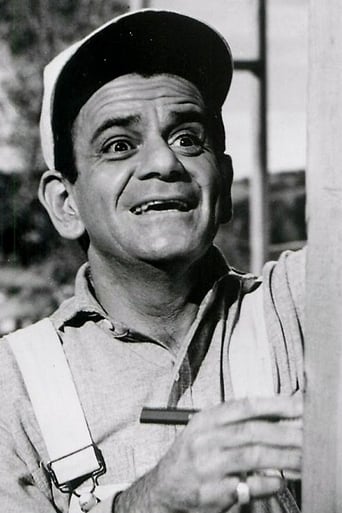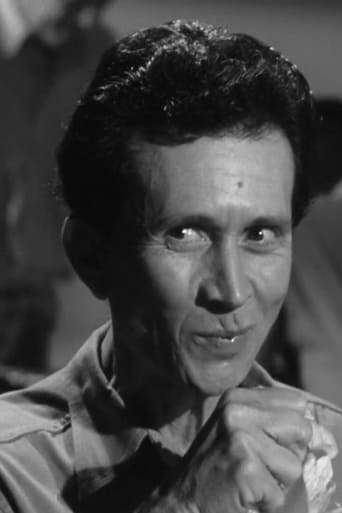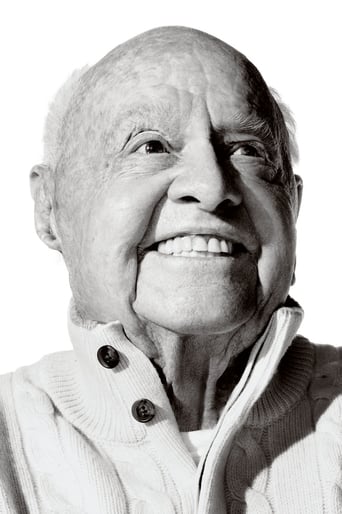A ragtag group of American stragglers battles against superior Communist troops in an abandoned Buddhist temple during the Korean War.
Similar titles
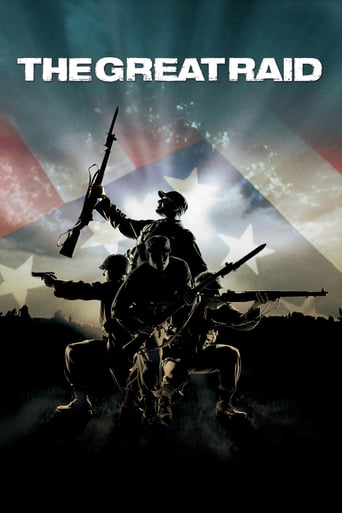
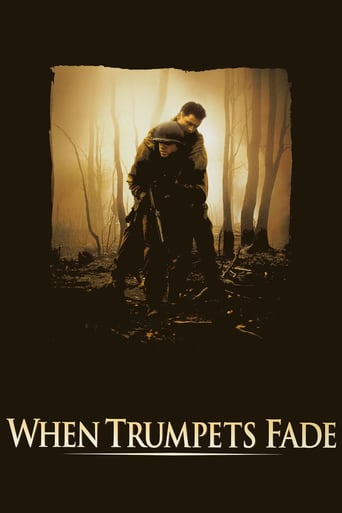
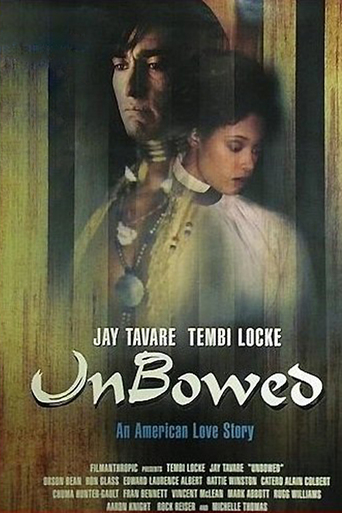
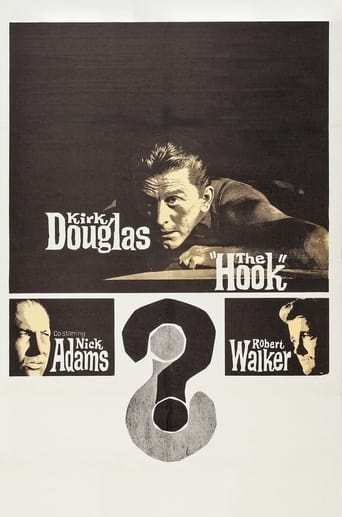
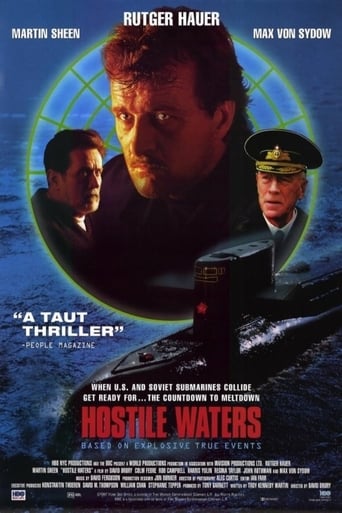
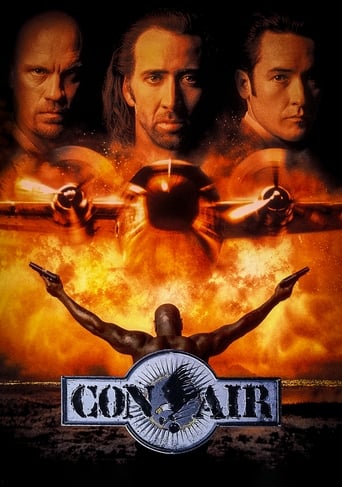
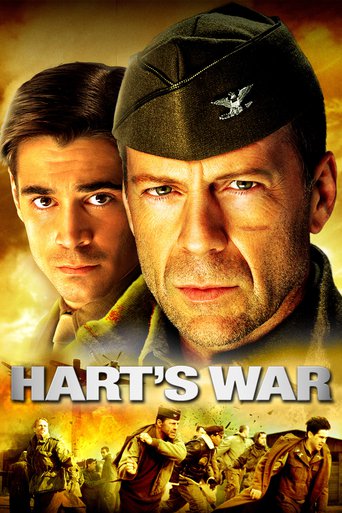
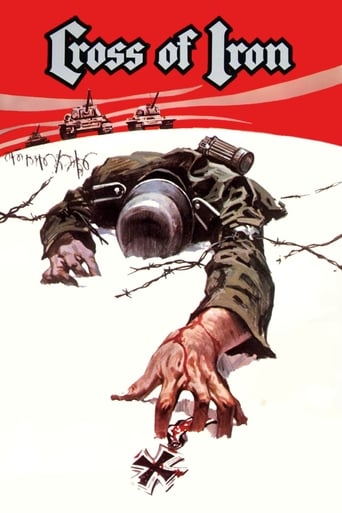
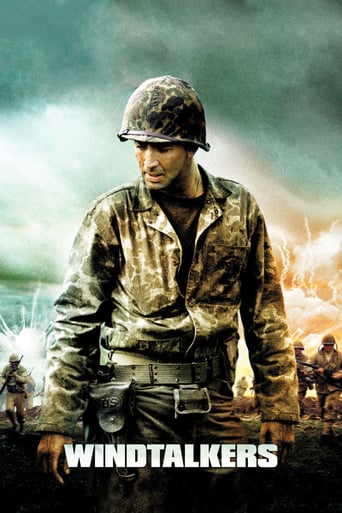
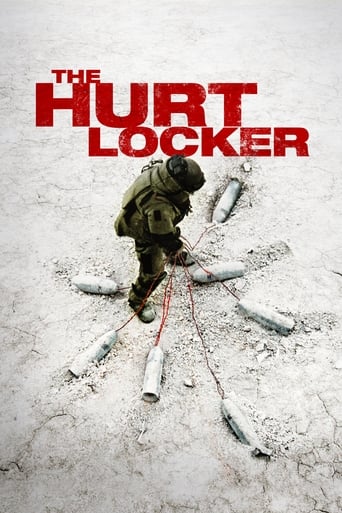
Reviews
Just what I expected
best movie i've ever seen.
The performances transcend the film's tropes, grounding it in characters that feel more complete than this subgenre often produces.
Good films always raise compelling questions, whether the format is fiction or documentary fact.
At first this seems like its going to be just another uber-manly war movie, but gradually it does indeed seem like vintage Fuller. An ethnically diverse platoon, including an African American doctor and a Japanese-American soldier, try to survive the Korean War. I imagine Oliver Stone studied this film, as much of it reminded me of the battle scenes in Platoon. Shot in just a few days on a tiny budget in Griffith Park, Fuller manages to create a singularly grim and brutal atmosphere very unlike Hollywood war movies of the era. The soldiers' conversations about life back home lead to discussions of race relations in the US that are far more blunt than one is used to hearing in most Hollywood movies of any era, much less a film from 1951. The still-recent Japanese internment camps are mentioned, and not in an apologetic tone. As one expects from a Fuller movie, its fervently anti-communist, but not nearly as hysterically so as Pickup On South Street. Indeed, the only North Korean character is an intelligent, committed warrior who asks questions that a communist would, indeed, pose to their American captors. When the North Korean asks the Black and Japanese characters why they fight for a country that oppresses them, they basically respond with "Cuz I'm an American!" Intentionally or not, the film makes the commie seem like the most inquiring mind.
Steel Helmet, The (1951) *** (out of 4) Fuller's grim Korean War drama follows Sgt. Zack (Gene Evans) and other rugged men as they take shelter in an abandoned Buddhist temple where they have time to reflect on what they're going in the war. Filmed in a reported ten days, this is one of those rare films that takes place during the war which it is showing. The movie doesn't really take a stance on either side of the line, although there's no question that Fuller wants to get his own ideas across. One of the best scenes involves a black man who is asked how he feels about having to fix these men up yet in the real world he wouldn't be able to sit at the same table with them. There's a lot of racial slurs thrown around at various people but this comes off very realistic as does the rest of the dialogue. You can listen to these men and actually feel like you're in the trenches with them as you'd be hearing this type of conversations. Another big plus is that the movie never paints a pretty picture, which was the type of thing we were use to seeing in war pictures from Hollywood. It's clear Fuller is doing things his way and he didn't care about criticism, which eventually came to the film. Evans delivers a fine and realistic performance as does the rest of the cast. The one negative thing was all the stock footage used at the end but the low budget probably required it. This isn't your typical war film but you can watch it and feel as if you're seeing an original. The influence on movies like FULL METAL JACKET, SAVING PRIVATE RYAN and Tarantino's recent are pretty obvious.
You've got to hand it to Fuller— by going to low-budget Lippert Pictures he got basically the unglamorous result he wanted. In the process, however, he had to sacrifice certain production values, but what he got in return was an unHollywood Gene Evans, a stunning statue, and an unconventional screenplay—all pretty cutting edge for the time. Now, tough-talking, homely-looking army sergeants were pretty much a staple of the era, (think James Whitmore in Battleground {1949}). However, they usually took orders from a handsome leading man like Van Johnson, and so were clearly secondary, even if important, characters. Not so here. Sgt. Zack (Evans) leads the cast, takes orders only reluctantly, and deploys the patrol in combat situations like an officer. At best, he only tolerates his nominal superior, Lt. Driscoll (Brodie). I take it that Fuller is being as honest as possible about the often hostile relations between officers and enlisted men, especially intense (as I understand it) during WWII, which was Fuller's formative war experience. Driscoll may have the authority to give orders, but he has to earn Zack's respect -- an inspired use of the steel helmet symbolism.Another major theme is Fuller's concern for racial equality, a touchy societal topic also ahead of its time. The concern for mutual help and understanding is obvious in the relationships Zack forms with the Korean boy (Chun) and the black corporal (Edwards). Zack doesn't pander to the black soldier, but he does treat him as just that, a medic and a soldier, no more and no less. Fuller also puts the needed equality in a larger, national context when the North Korean major (Fong) tries to drive a racial wedge between the diverse members of the patrol. In fact, communist propaganda was often successful in Third World countries when pointing out the widespread racial discrimination within American democracy. Thus, Fuller's implicit message was a bold and timely one for Cold War audiences.It's also important, I think, to point out that Sgt. Zack is not particularly likable. He's ornery and unfriendly. Initially he tries to get rid of the kid, probably because he knows relationships in war can be risky. He doesn't want to get close to anyone. In fact, it's because he gets too close to the Korean kid that he makes a big military mistake by shooting the Red major. I like the way Fuller uses that blunder to bring Zack down a few notches. In effect, Driscoll expresses the officer's point of view by saying that because of his blunder, Zack is too dumb to be an officer. Whether true or not, the dressing down prevents Zack's character from being over-idealized, an important concession from a director clearly on the side of enlisted men like Zack.Nonetheless, despite the quality of the story, Lippert productions remains a cut-rate affair. The outdoor action never gets beyond the tell-tale scrublands of greater LA, while the studio fog machine works overtime disguising the rickety exterior set. Still and all, the temple scenes are well mounted, and I don't know where they got that massive centerpiece Buddha, but it's impressive as all-get-out. The frozen smile remains a puzzle throughout the action, a fitting cosmic commentary, I guess, on the passing concerns of mortal men.Speaking of Lippert, I felt a twinge of dread when I saw Sid Melton's name in the cast credits. He was responsible for much of that company's customary low-brow comic relief and I anticipated the worst. My guess is that Fuller okay'ed him for the film, but on condition he not be allowed to speak and risk his usual audience associations. After all, Pvt. Baldy (Monahan) is supposed to provide what chuckles there are. It's also surprising to see WWII's favorite sadistic Japanese officer, Richard Loo, in a sympathetic role for a change. Fortunately, it's one that also shows what a fine actor he was. For all the movie's many merits, it still remains rooted in the cultural climate of WWII. Made at the outset of the Korean conflict, it betrays none of the ambiguities that would later surround America's involvement in that far-off land. The enemy is treated as straightforwardly wicked, and in a revealing piece of combat footage, mowed down in human waves. As a belated tribute to the dog-faces of WWII, Fuller pays his debt of respect and gratitude. However, this is a combat movie, and what politics there are reflect more about social conditions in the US than in Korea. Actual insight into the character of the Korean war only emerges later in such films as The Bridges of Toko-Ri (1954) and the much overlooked I Want You (1951). Nonetheless, Fuller proves himself here to be a doggedly independent filmmaker. More importantly, it also shows he's a filmmaker with something significant to say. And it's that important point on which his cult reputation rests.
"For Kubrick, as for Sam Fuller, combat was a metaphor for virtually all forms of human endeavour. Consequently, Kubrick and Fuller made more good, or great, war films between the two of them than the rest of Hollywood put together." - C. Jerry KutnerLean, mean and angry, Sam Fuller's "The Steel Helmet" remains one of the director's finest films. Shot on a shoestring budget with a group of UCLA students over the course of ten days, the film was also one of the first films of the Korean War film cycle. Unlike it's successors, though, Fuller's tone is one of extreme cynicism. "Helmet" was the first Hollywood film to mention the internment of Japanese Americans in WW2 prison camps, and elsewhere Fuller deftly deals with racism, by including a North Korean prisoner who baits a black soldier into conversation with accounts of American society's Jim Crow rules.There are other points of interest: a young Korean kid, dubbed "Short Round", who prove influential on George Lucas' "Indiana Jones and the Temple of Doom", the film contains an appropriately tense sniper sequence, the film was one of the few from its era to deal with shell-shock, mental fatigue and war crimes, and of course Gene Evans, who plays Sergeant Zack, offers us a wonderful character. He's a gruff, bearish man. A seasoned veteran who has only one thing on his mind: personal survival. Indeed, most of the film's best sequences involve Zack and Short Round interacting. Zack teaches the kid how to survive in the physical, whilst Shorty schools Zack in appreciating the spiritual.Unsurprisingly – a nice touch by Fuller - much of the film's violence takes place in a Buddhist temple; war in a sanctuary of peace, the strategically located temple prostituted as an instrument of pain.The film's politics baffled critics upon release. The right viewed it as being an attack on the Korean war and accused Fuller of being a "commie sympathiser", whilst the left thought Fuller was a sell out, largely due to a last act sequence in which a North Korean soldier breaks the Geneva convention and ruthlessly kills our cute little South Korean kid. Commies are bad, see, so lets waste those ruthless child killers! In truth, the film is simply naive (the US shouldn't have been in Korea, shouldn't have challenged the populaces wishes for unification and reforms, and indeed committed countless huge war crimes and only made things much worse), a tone which clashes with the beautiful pessimism of Fuller's writing. His scripts are typically fast paced, taut, efficient and masculine, and we see that here with "Helmet". Fuller writes like a pulp journalist, his jargon hard; a kind of blunt poetry. 8/10 – Worth one viewing.
Top Streaming Movies











